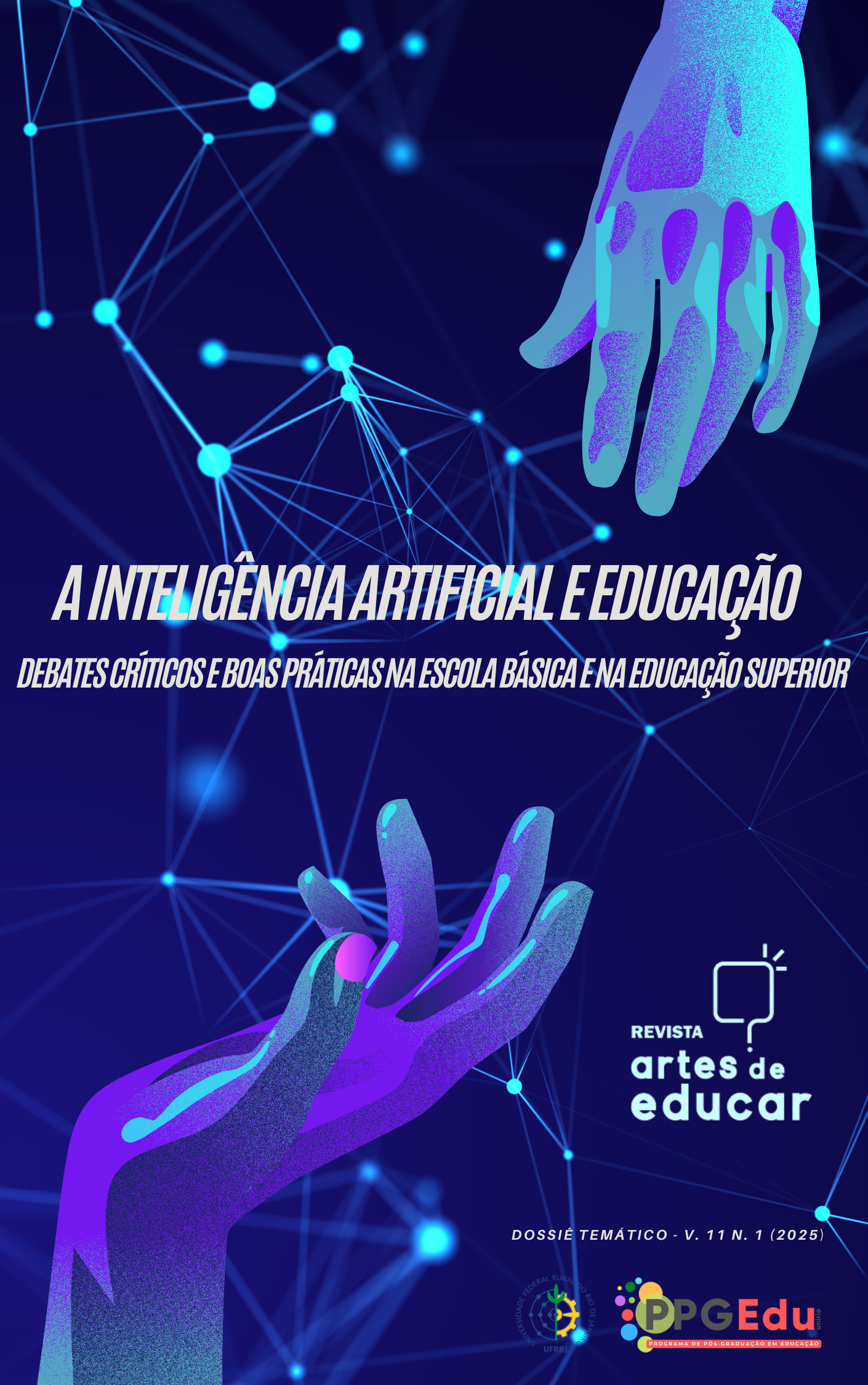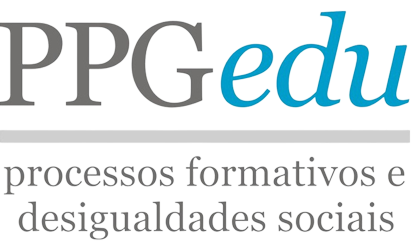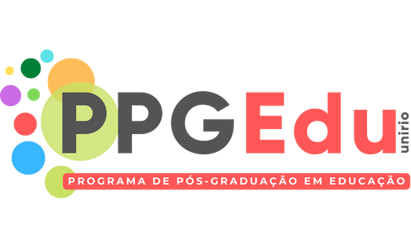GPT Paulo Freire
talking to a simulation of the Patron of Brazilian Education
DOI:
https://doi.org/10.12957/riae.2024.86233Abstract
In this article, we introduce GPT Paulo Freire, a simulation of Paulo Freire enabled by Generative Artificial Intelligence (GenAI). For its creation, we utilized the GPTs service, which allows assigning a specific role to ChatGPT and creating a knowledge base to support the generation of its responses. We compare this chatbot to the one from the "Be Right Back" episode of the Black Mirror series, reflecting on the social and emotional implications of interactions with simulations of deceased individuals based on their digital footprints. We discuss the educational potential, limitations and challenges of this technology, based on the analysis of reactions and statements from students and teacher-researchers during their initial conversations with this simulation of the patron of Brazilian education. We emphasize the need for a critical, reflective, and creative use of this GenAI in education, highlighting the importance of a pedagogical approach aligned with Freirean principles that promotes dialogue, co-creation, curiosity, imagination, the ability to conjecture, compare, question generated responses, and seek reliable sources, aiming to develop critical thinking and awareness among learners.
Downloads
Published
How to Cite
Issue
Section
License
Copyright (c) 2024 Mariano Pimentel, Aristóteles Berino

This work is licensed under a Creative Commons Attribution-NonCommercial 4.0 International License.
Authors retain copyright to their work, are permitted to publish and distribute their work online (e.g., in institutional repositories or on their personal page) at any point before or during the editorial process, as this may generate productive changes, as well as increasing the impact and citation of published work.
The acceptance of the text implies the authorization and exclusivity of the Revista Interinstitucional Artes de Educar regarding the right of first publication, the published works are simultaneously licensed with a Creative Commons Attribution-Non Commercial 4.0 International License 























